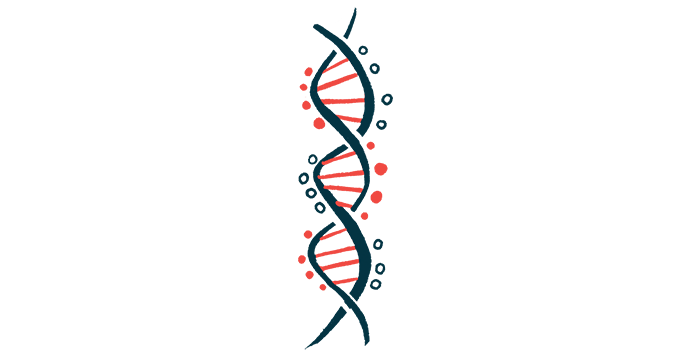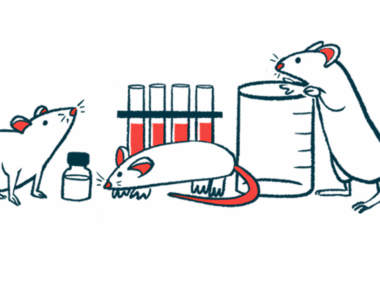Roche, Shape to Develop RNA-based Gene Therapies for Parkinson’s
Written by |

Shape Therapeutics and Roche have entered into a strategic collaboration and license agreement to develop RNA-based gene therapies for Parkinson’s, Alzheimer’s, and rare diseases.
Under the terms of the agreement, Shape will use its proprietary RNA technologies to leverage molecular machinery already present in human cells to correct disease-causing mutations. The company will carry out preclinical studies to identify gene therapy candidates.
Roche will be in charge of developing potential treatments identified through this work, and for the global marketing of resulting therapies that might be approved.
“Our mission at ShapeTX is to unlock the next breakthrough in RNA technologies in the gene therapy space across a wide range of therapeutic areas,” Francois Vigneault, PhD, co-founder and CEO of Shape, said in a press release.
About 15–25% of patients with Parkinson’s have a family history of the disease, meaning it may be passed down through genes. In some cases, the disease has been traced to specific genetic mutations that lead to dysfunctional — or even toxic — proteins.
Scientists believe that these mutations can be corrected — or edited — to allow cells to make fully functional proteins. However, current gene editing approaches typically use molecules that the body may see as foreign, opening the therapy to attacks by the immune system, designed to defend the body against such invaders. An immune response against a therapy can compromise its effectiveness.
According to Shape, leveraging the natural editing systems already present in human cells should avoid such an immune response.
The company’s proprietary RNA technologies include AAVid, a protein cage derived from the shell of an adeno-associated virus (AAV) that serves as a vector for the delivery of a therapy to disease-specific tissues, and RNAfix, a modified RNA molecule that recruits a naturally occurring editing protein called ADAR to correct genetic mutations. RNAfix payloads may be carried by an AAV vector or given directly to a patient, Shape reports on its website.
At the core of these RNA technologies is an artificial intelligence engine that scans data to drive the discovery and development of gene therapy candidates.
“We are excited by the disruptive potential of ShapeTX’s RNA-editing approach based on nature’s own mechanism for specific base editing … to unlock the full potential of gene therapy,” said James Sabry, head of Roche Pharma Partnering. “We look forward to working with ShapeTX to create novel treatment options for neuroscience and rare disease indications.”
The agreement includes an initial payment to Shape, plus development, regulatory and sales milestone payments that could total more than $3 billion. Shape is also eligible to earn tiered royalties on future sales of products stemming from the collaboration.






